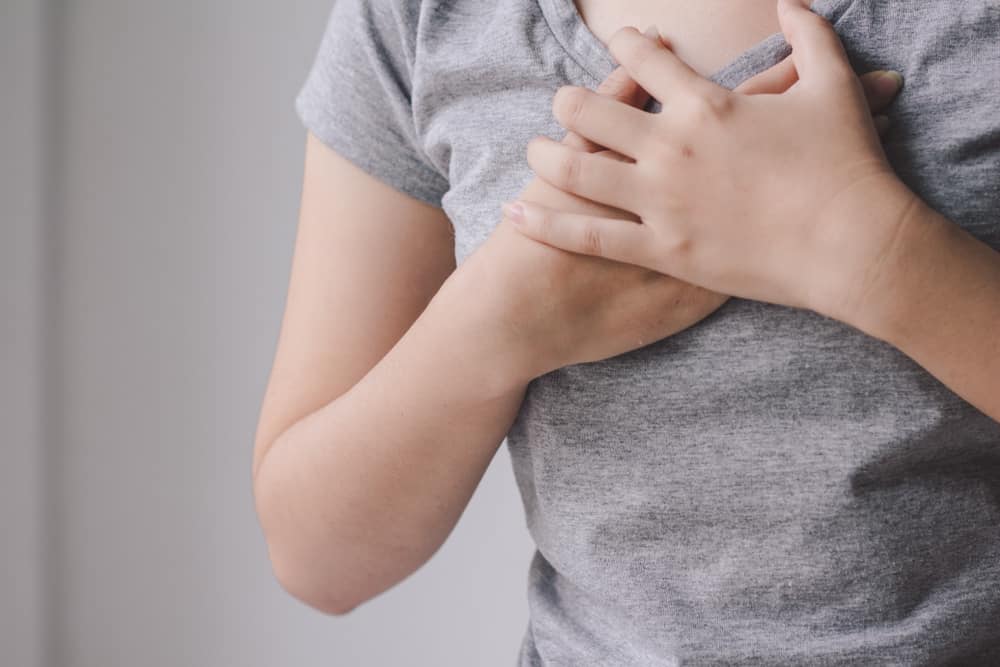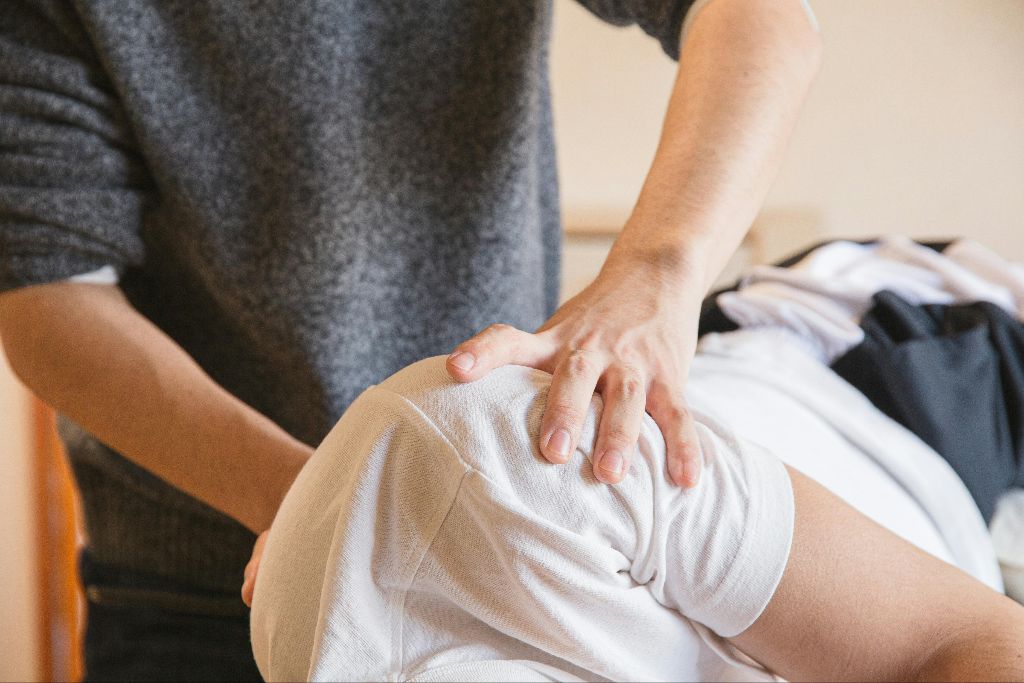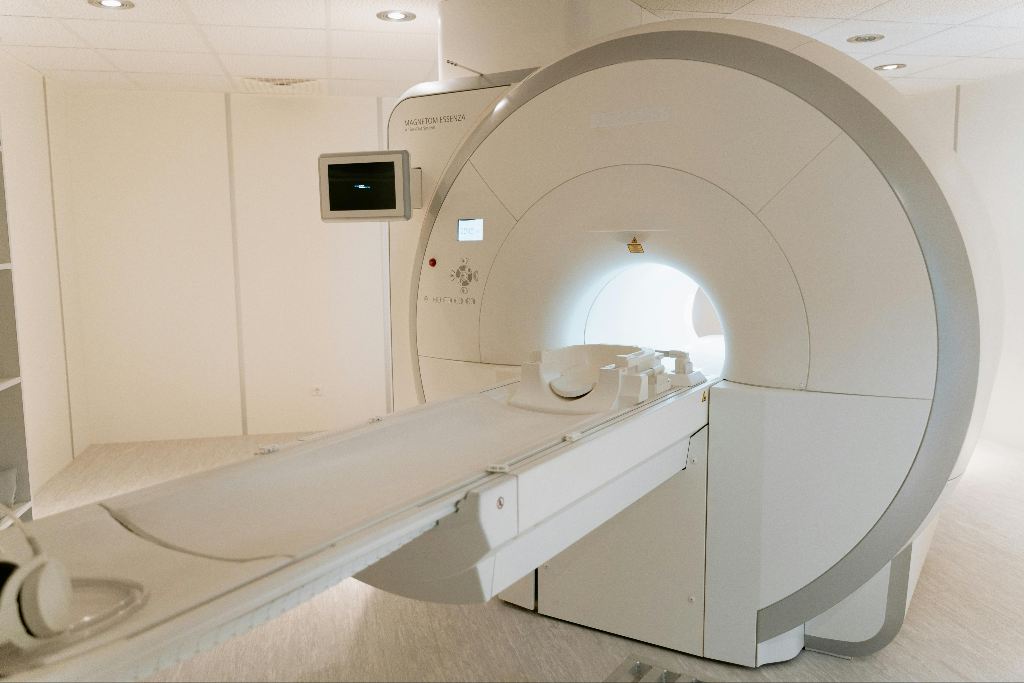If you experience chest pains after you’ve been in a car accident this can be a very stressful feeling in an already overwhelming situation. It may be helpful to know that many victims of a car accident experience chest pains after a car accident. Any type of chest pain should be taken very seriously as it could be a sign of a serious injury or medical emergency. However, not all chest pains are a sign of a heart attack; in fact, there are many other reasons why you may have chest pains whether you’ve been rear-ended or in a multi-vehicle incident. Car accident doctors can use imaging diagnostic tools to identify the source of your chest pains and get you started on the proper treatment.
How a Car Accident Can Lead to Chest Pain
Whether you were the driver or the passenger, when a car accident occurs your bodies are typically restrained by seat belts and their airbags may even deploy. Seat belts are designed to protect you and keep you from suffering serious car accident injuries by holding you in place so you aren’t ejected from the car during the wreck. In doing its job of restraining you inside the vehicle, though, it can cause some damage as the force of the accident can cause your body to strain against the seat belt.
In some cases, if the airbags do not deploy then the seat belt may not be enough to keep you from an impact with other parts of the car. If you sit close to the steering wheel as the driver then you could get thrown forward and your head or chest slams into the steering wheel. As a passenger, if your seat is close to the dashboard then you could also be thrown forward and hit the dashboard. All of these scenarios may lead to you experiencing chest pain and other symptoms after a car accident.
Reasons for Chest Pain After a Car Accident
There are a number of reasons why you may be experiencing chest pain. While scrapes and bruises are common and easy to identify on the outside, the following injuries occur inside your body and will take a doctor to properly diagnose.
Muscle Strain
In the event of a car accident, the muscles in your chest can become strained as they work to protect your body. It is possible to experience strained muscles in your chest that can cause significant pain. Pain in your chest muscles may be exacerbated by sudden movements, turning or twisting your chest, and even moving your arms. When these muscles are stretched out of their normal range of motion it can lead to inflammation, which also contributes to pain. It is also possible to tear a muscle in your chest, which would be a cause for severe chest pain until it is able to heal properly. Imaging diagnostic tests are the best way to determine the true cause of your pain.
Bruised Ribs
Unfortunately, bruised ribs are common in car accident victims. That’s because your seat belt goes across your chest from sternum to lower ribs and when activated during a car accident it can put significant pressure on your chest as it works to restrain you. You could also get bruised ribs from the impact of your chest against the steering wheel or dashboard. Signs and symptoms of bruised ribs include chest pain, tenderness to the touch, and even bruising on the skin. When you have bruised ribs you can even experience pain or tightness when taking deep breaths, which can be alarming at first. Bruised ribs can be confirmed or ruled out by imaging diagnostic tests, which can be done at a local car accident clinic.
Fractured Ribs
Fractured ribs are another type of serious injury that can occur from a car accident. A fracture is another word for saying you have a broken bone, and a broken rib can cause serious problems. When you get a fractured rib, it can cause sharp initial pain followed by severe pain that can seem debilitating. You will likely notice severe tenderness in the area and difficulty taking a breath without experiencing more pain. Fractured ribs should be addressed immediately to ensure the rib has not punctured the lung or anything else nearby.
Heart Attack
A car accident is an overwhelming experience and the stress of such a traumatic event can actually trigger a heart attack during or immediately after the wreck. Initial signs of a heart attack can present as pain and discomfort in your chest, shortness of breath, and a feeling of indigestion or nausea. If you suspect this is what’s happening, you need to seek emergency care immediately.
How Car Accident Doctors Can Help
Car accident doctors at AICA Orthopedics will use state-of-the-art imaging diagnostic tests. You would probably need a CT Scan and an MRI after a car accident in order to determine what is causing your chest pain. It is important to both diagnose the correct injury and rule out other possibilities. At AICA Orthopedics, we offer in-house diagnostic imaging so you can see your doctor and get the appropriate tests done all in one location. Call or visit us online to learn more about how a car accident doctor can help with chest pain after a car accident.





